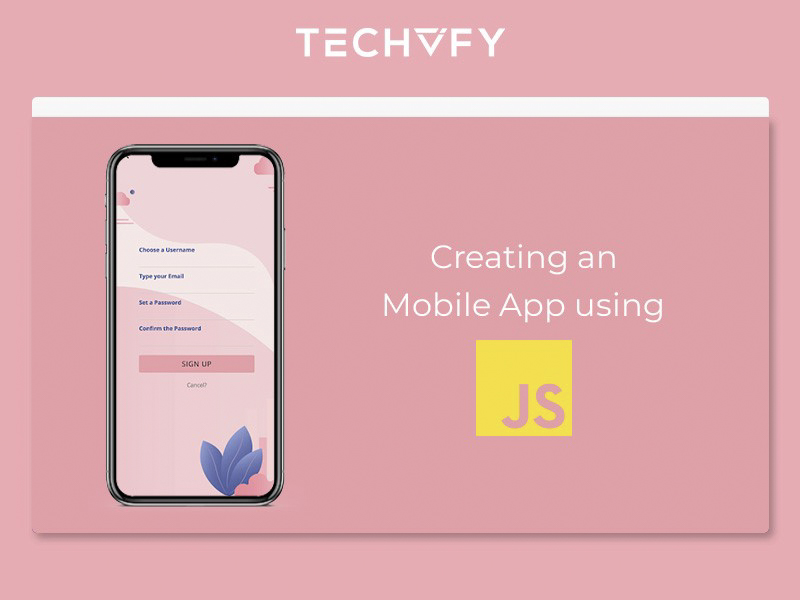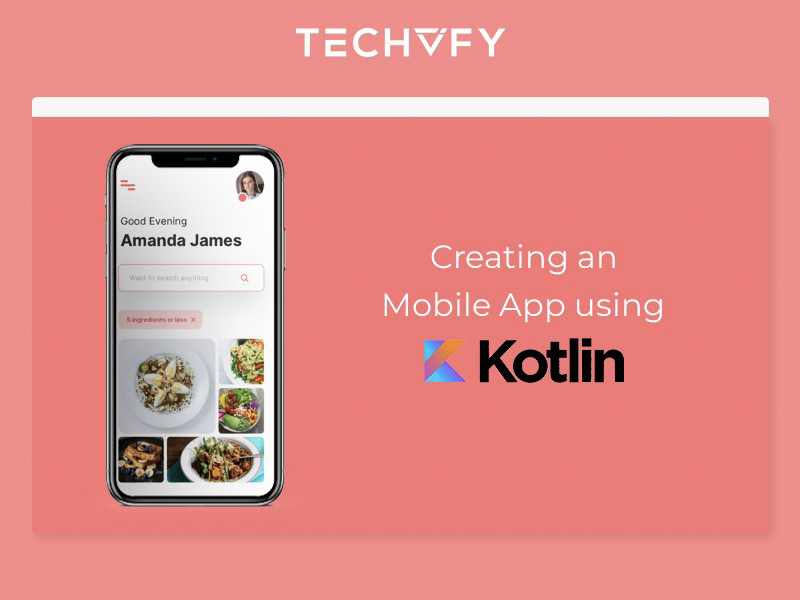Top 5 Programming Languages for Mobile App Development
- TECHVIFY Team
- August 31, 2020
- Knowledge, Best practices
- 0 Comments
Today we’re going to take a look at the top 5 programming languages for mobile app development that many mobile app developers have been using for their working process. What are their pros and cons? Let’s find out!
1. JavaScript

Javascript is considered to be one of the best programming languages for mobile app development that have been widely applied for cross-platform app development.
As of Thu, my co-worker usually says: “As long as the Internet remains as strong as it is today, JavaScript will still be the best language out there.”
What are the Pros?
- Compared to the other mobile app development languages, it’s extremely flexible and well-rounded, which can be used in many ways through Node.js
- It runs fast on the client-side browsing.
- It’s easy to control.
- It’s got a great number of rooms for variation.
What are the Cons?
- It’s vulnerable in some cases.
- It has occasional browser support issues.
Learn more:
2. Kotlin

Many people claim Kotlin as an upgraded version of Java, believed to be one of the most interesting. It’s been used for some of the most popular Android apps due to the increase in performance.
What are the Pros?
- It’s extremely concise and clean.
- It’s potential and believed to be an aggressive competitor against Java due to its flexibility.
- It generates a much simpler and cleaner code compared to Java.
What are the Cons?
- It’s still a new language compared to other languages, so more effort will be needed to consume such a novel programming language. And because of its fresh appearance, there are probably not enough materials for experiences.
3. C++

C++ is one of the mobile app development languages used to improve Android apps and native app development, specifically in developing mobile games, bank apps, and GUI-based applications.
It’s also considered another mobile app development language that has shown high-functioning performance.
What are the Pros?
- It’s fast and stable.
- C++ is the foundation of Java, C, and C#. Therefore, if you know C++, you can easily learn the other 3.
What are the Cons?
- It consists of complex syntax.
- It’s known as the hardest language to learn.
4. C#

Also known as “C-sharp”. This is one of the most widely used languages that is widely used to develop high-performance and interactive game applications and is believed to be the best one to implement.
What are the Pros?
- It can be deployed quickly.
- It’s extremely easy to use.
What are the Cons?
- It can sometimes be a bit challenging for beginners compared to other mobile app development languages, so having a mentor guide you along the way will be recommended.
5. Python

Python does best at developing web applications, media tools, and desktop apps. Therefore, among other languages, it’s the most recommended by many developers.
Many popular apps that have been used by a lot of people around the world, such as YouTube and Instagram, use Python as their main programming language. This language provides outstanding library support, high capability of control, and strong integration.
What are the Pros?
- It’s easy for beginners to get started with a programming language.
- It can handle multiple platforms and systems at once.
- It has a huge framework that increases flexibility.
What are the Cons?
- There are still some data access errors that are occasional.
- It’s not an ideal option for memory-intensive tasks.
- It’s not a perfect match for modern mobile app development.
If you want to learn more about other mobile app development languages, follow TECHVIFY because there are even more to come!!!





